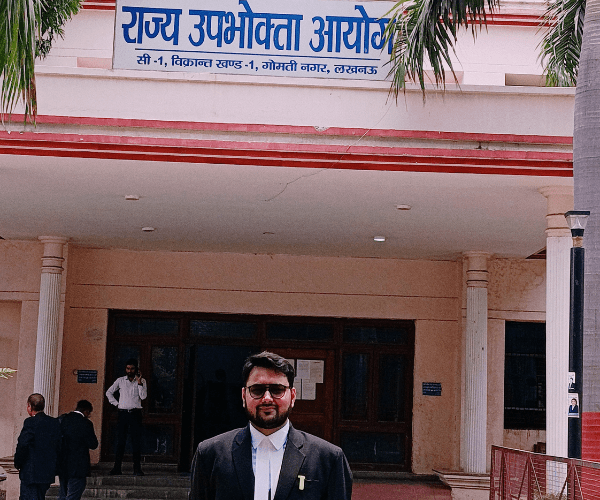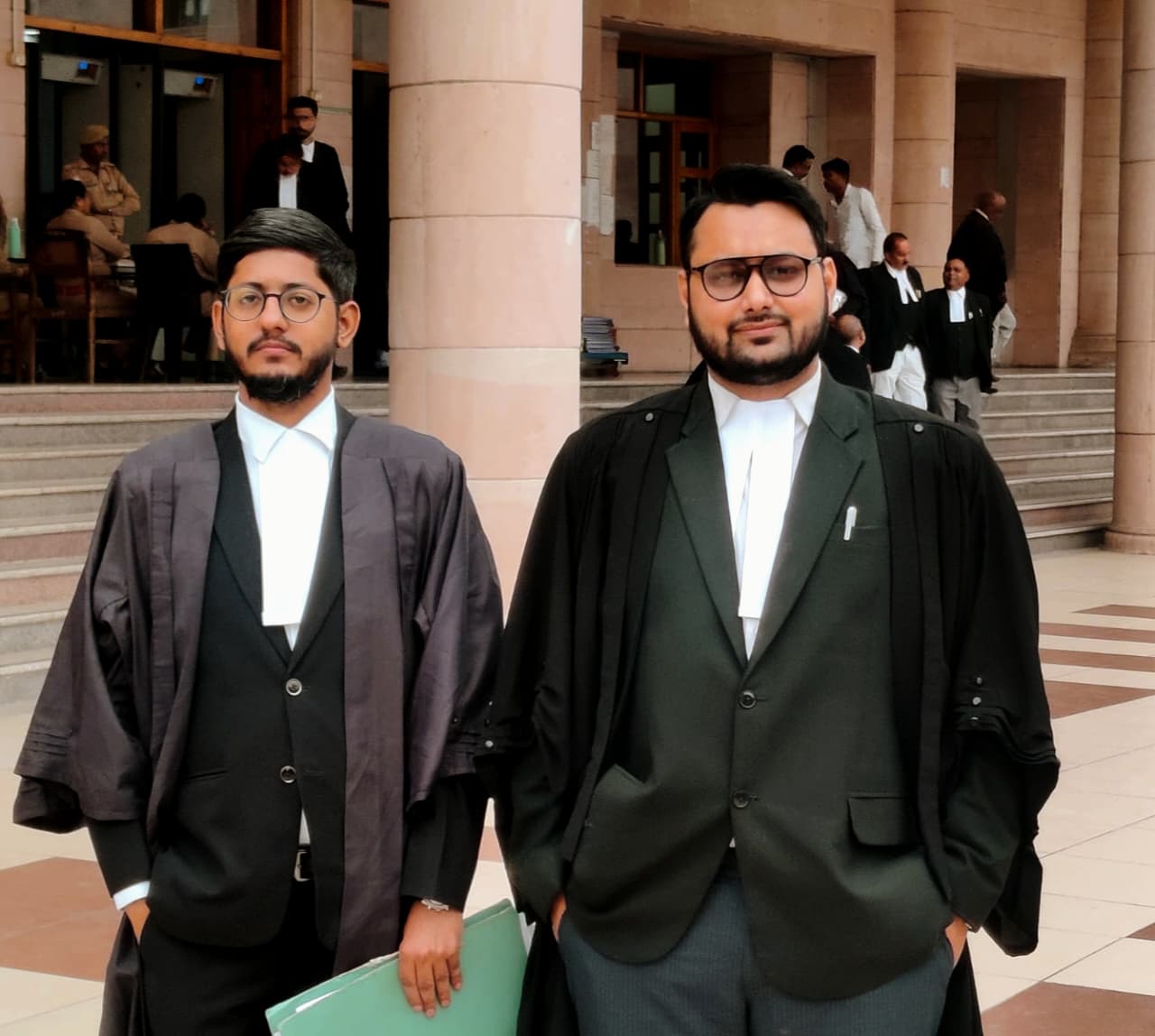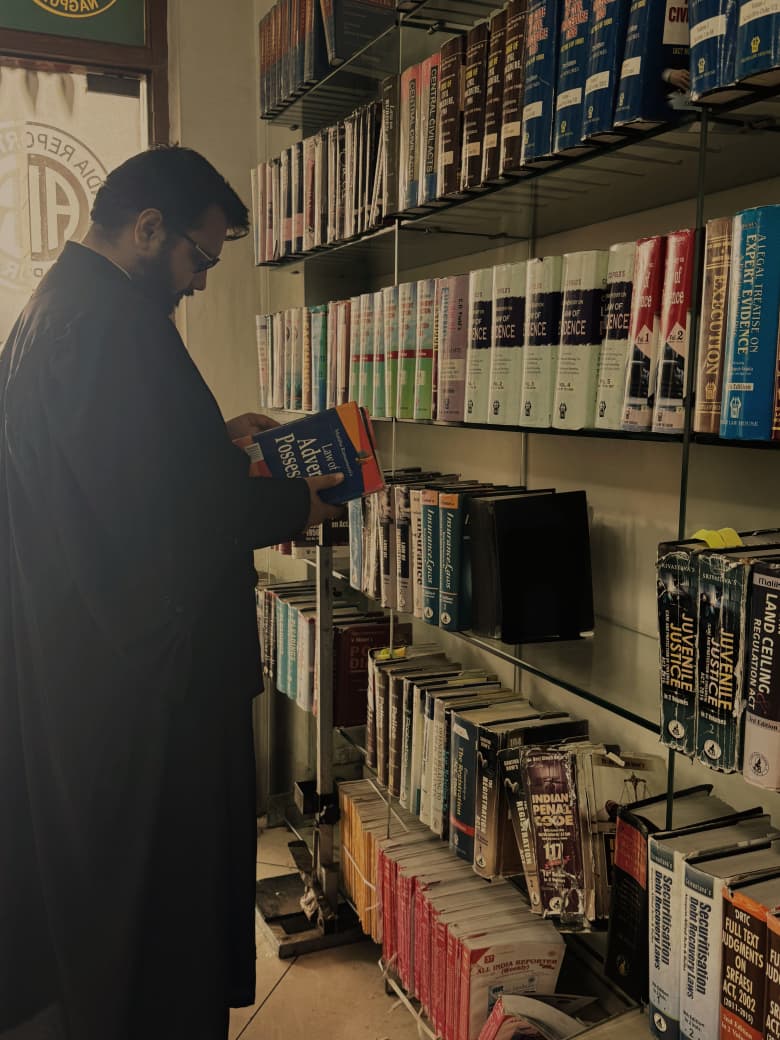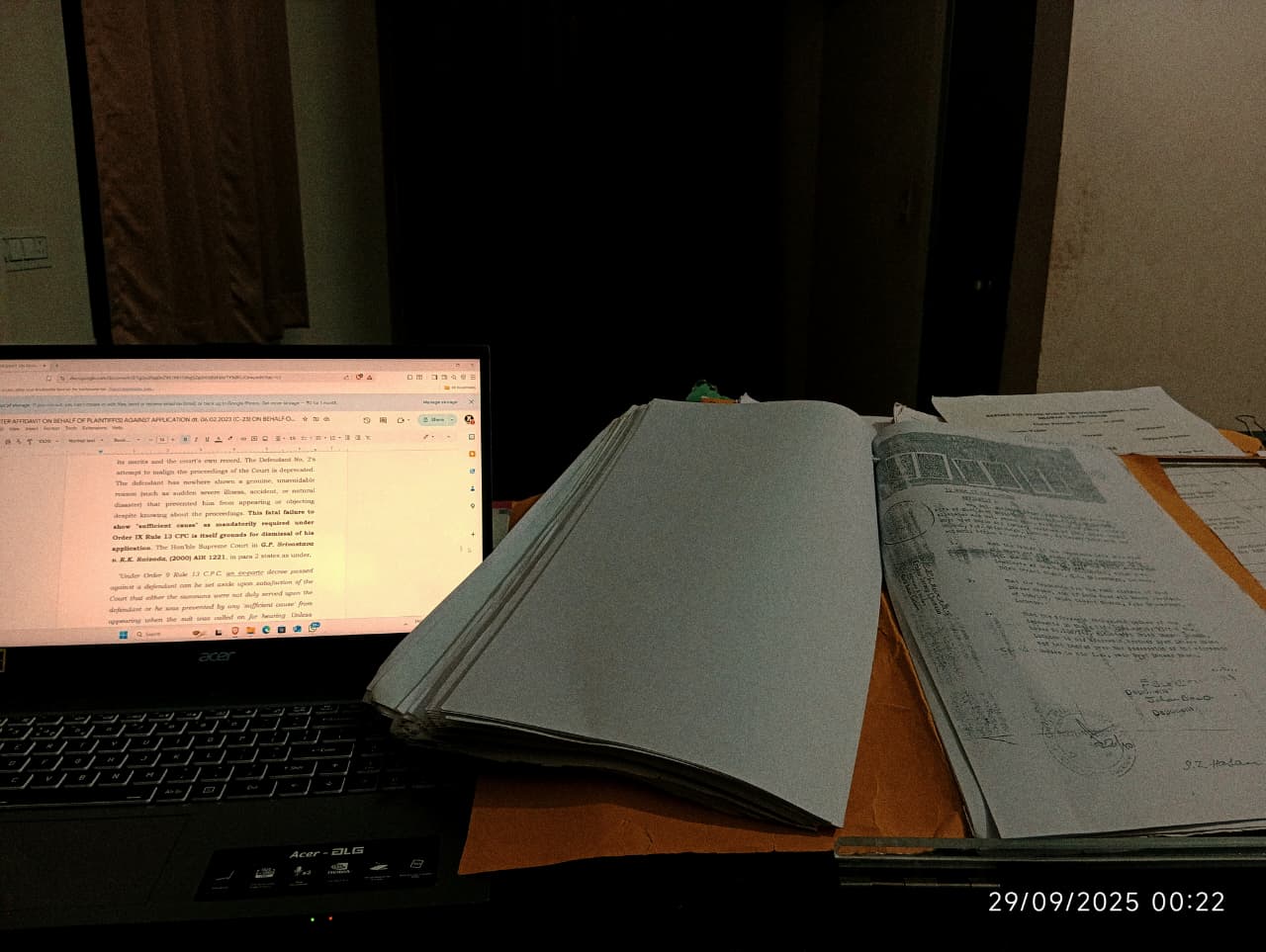Legal Practice & Procedure – 11 Legal Practice & Procedure – 11 A good lawyer knows how to handle different types of judges. Some judges listen quietly, while others keep asking questions and even answer themselves. In such cases, the lawyer must stay patient and sharp. The lawyer must listen carefully to the judge’s questions, pick out the key legal and factual points, and then reply to each one clearly. Instead of getting frustrated, one may use the judge’s questions as a guide to shape arguments. With experience, a lawyer learns to turn this challenge into an advantage, making the case stronger while keeping the argumentative spirits on hold and at calm.
Legal Practice & Procedure – 25
Legal Practice & Procedure – 25 Legal Practice & Procedure – 25 Why settle for corporate monotony when litigation delivers daily drama, statutory variety, and real-world impact? In litigation practice, we don’t just counsel, rather we crusade. In the past few days, The Law Office Of MKH (advkumail.com) argued a major bail, a service law dispute, and a constitutional case on passport issuance. Up next? In a couple of days there are scheduled Trials and cross-examinations with more twists than a legal thriller. Litigation is theatre, chess, and poetry in motion. Each case tells a new story, each statute poses a fresh challenge. Arguing back-to-back matters that shape lives isn’t exhausting, instead it’s exhilarating. We thrive on adrenaline and advocacy. Because in the courtroom, the law isn’t just interpreted but is lived. And while some days may stall due to rigorous pendency, the ones that roar into argument remind us why this profession is noble, necessary, and endlessly magical.
Legal Practice & Procedure – 24
Legal Practice & Procedure – 24 Legal Practice & Procedure – 24 For lawyers, an imperative principle to remember is that no two cases in the world are ever similar in all respects. There is always some difference between one situation and another, although they may both raise the spectacle of a seeking identity. As no two finger prints on the hands of man are identical, so no two human situations or cases before the court are similar. There is always an individual peculiarity that may be used in favour before the court. There is always the singular touch.
Legal Practice & Procedure – 23
Legal Practice & Procedure – 23 Legal Practice & Procedure – 23 As a lawyer, being a walking, talking statute book isn’t enough. Clients demand more than just a legal analysis; they want their problems solved, and those problems inevitably reach far beyond the confines of lawyer’s technical expertise. A young modern lawyer must essentially be a multi-faceted problem-solver, because merely quoting case law when someone’s life is falling apart is, frankly, not enough.
Legal Practice & Procedure – 22
Legal Practice & Procedure – 22 Legal Practice & Procedure – 22 Written pleadings are fundamental in a civil action, serving as the essential tool to organize the case and ensure a fair process. Their primary objective is to facilitate the trial by clarifying the points at issue, enabling the court to determine the appropriate relief based on findings of law and fact. Equally crucial, they provide each party with prior notice of the opponent’s case, eliminating surprise and fostering fair play for the administration of justice. As Sir Grimwood Mears, former Chief Justice of the Allahabad High Court, advised junior lawyers, the “knowledge of the science of pleading is the essential equipment” for any successful professional, while its ignorance is a “daily impediment.” Therefore, a lawyer must diligently ascertain facts, gather evidence, and research the applicable law before drafting a pleading, which itself must be clear, cogent, and set out all material facts supporting the cause of action.
Legal Practice & Procedure – 21
Legal Practice & Procedure – 21 Legal Practice & Procedure – 21 You can’t spell “lawyer” without “paperwork.” Or, at least, that’s what it feels like when you’re meticulously preparing a case, only to be hit with pre-hearing defects. The legal system has its own sense of humor, often disguised as a request for more documents. But what’s a little administrative purgatory when you’re fighting for justice? After representing four cases on behalf of UP Police staff members who were charged with Parninda Pravishti (Censure Entry) in their service books in UP Public Services Tribunal, Lucknow. Our team from the law office of MKH (advkumail.com) thereafter celebrated with a well-deserved affogato from The Ritz. It was the perfect reward, proving that a little coffee and ice cream can put everything right again, even after a bureaucratic battle !
Legal Practice & Procedure – 20
Legal Practice & Procedure – 20 Legal Practice & Procedure – 20 Legal battle in India isn’t just a job, and those doing jobs have no idea how mammoth of it is to represent cases in courts. It is like a full-contact sport against bureaucracy, armed with nothing but patience and a mountain of paperwork. Clients’ demands can feel like a relentless tug-of-war, but the smartest lawyers know better than to snap. So, while clients expect a miracle, the best lawyers are busy just trying to win the war on impatience, one court date at a time !
Legal Practice & Procedure – 19
Legal Practice & Procedure – 19 Legal Practice & Procedure – 19 Real estate agents, take note: facilitating the sale or purchase of property in a registered project without a valid registration from the Real Estate Regulatory Authority (RERA) is a violation of the law. According to Section 9(1) of the RERA Act, it’s mandatory for all agents to be registered with the authority before they can legally operate in this capacity. Failure to comply can lead to serious consequences. Recently, a RERA authority took firm action against several agents who were found to be in violation of this crucial regulation. They were held liable for their non-compliance and were directed to pay a significant penalty of ₹3,69,600.
Legal Practice & Procedure – 18
Legal Practice & Procedure – 18 Legal Practice & Procedure – 18 Real estate agents, take note: facilitating the sale or purchase of property in a registered project without a valid registration from the Real Estate Regulatory Authority (RERA) is a violation of the law. According to Section 9(1) of the RERA Act, it’s mandatory for all agents to be registered with the authority before they can legally operate in this capacity. Failure to comply can lead to serious consequences. Recently, a RERA authority took firm action against several agents who were found to be in violation of this crucial regulation. They were held liable for their non-compliance and were directed to pay a significant penalty of ₹3,69,600.
Legal Practice & Procedure – 17
Legal Practice & Procedure – 17 Legal Practice & Procedure – 17 The Law Office Of MKH represented EMS Limited in an Arbitration Petition before the High Court of Judicature at Allahabad Lucknow Bench. In this case of Ems Limited vs. Union Of India, the Court has referred the matter for arbitration under Section 11(6) of the Arbitration & Conciliation Act of 1996. The Court found our arguments sound enough to deem it a fit case for arbitration since the respondents did not dispute the agreement, the existence of the arbitration clause, or its invocation. This is a crucial step forward in resolving the issues at hand pertaining to consideration of Rs. 9 Crores, 61 Lacks. The dispute, which concerns the refund of GST payments and other claims, will be arbitrated by the Hon’ble Mr. Justice R. K. Agarwal, a Former Judge of the Hon’ble Supreme Court of India. Grateful for the opportunity to represent the applicant, Ems Limited.










